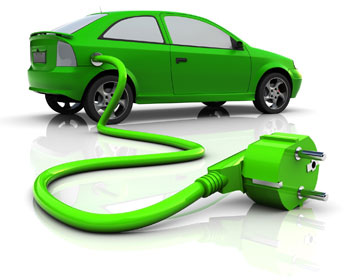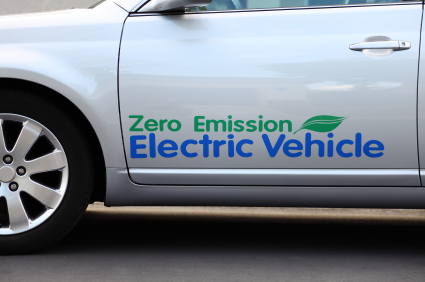Corporate responsibility and environmentally sustainable initiatives have long been published, scrutinized and debated by the public and media. How can we remain economically competitive and lower our footprint on the planet, what are the cost implications of this change to business and should we really care about the standby light in our household at night? The broad attitude is certainly one of action and pursuit, Britain has a self-declared green government and this morning I strolled into work and witnessed a presentation on a new cycle to work scheme back by government incentives. Ultimately the prevention of C02 release leads us to the role of the most common method of transport and CO2 provider; the Motor Vehicle. The Motor Vehicle is subject to the advancements in green car technology which opens a debate on the wider public implications, following the significant fall in Motoring Revenue predicted by the Institute of Fiscal Studies.

Let’s start by first acknowledging the monetary side of the motor industry; petroleum appears to be the finite resource of the Worlds’ economy, a slight fluxuation in prices and the wheels come flying off our ever so stable financial system. The relationship between the government is complex, the trade of petroleum is a unique worldwide commodity and the Green Car Industry has yet to receive such a bang. However it is growing rapidly, the cars are becoming more economical to run for the consumers, the current taxation is slimmer and portions of green car insurance often goes towards developing green technology. The issue with the fall in Motoring Revenue originates from the fall in Taxation as leading think tanks believe this will blow a £13 Billion hole in the public finances as revenue from fuel and road taxes reaches a standstill.
The Institute of Fiscal Studies and the RAC foundation believe fuel duty collected by our exchequer will lower 1.7% of GDP by 2029, providing a shortfall of £13 billion government revenue. Motoring Groups believe this could result on us being hit harder on Taxation, Driving Offences and our visit to the pumps. The drive towards greener cars has ironic effects as the government tries to claw back money from schemes hurt manufactures in the motor industry. The consequence on the consumers could however be devastating if the black hole of motoring revenue is plugged with a rocket in fuel duty.

No one can deny that aren’t many appealing options available to plug the shortfall, neither the treasury nor the public are seeking to compensate the hole in the budget, and if we do reach our climate change targets than the revenue from petrol tax will fall to almost zero. Although alternative Petrol Tax options are available, many Motorists’ speculate driver safety laws will face more severe financial consequences.
